7 Side Effects of Magic Mushrooms, as Pilot Took Them Before Flight
Here is what you need to know about psilocybin.
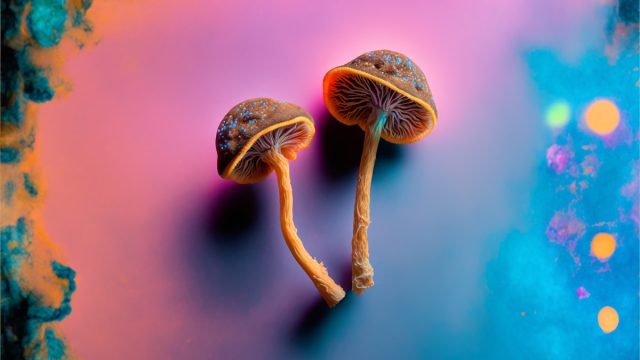
Last week, off-duty Alaska Airlines pilot Joseph David Emerson was accused of trying to cut the engines mid flight. Emerson, who has pleaded not guilty to a number of criminal charges, reportedly told police he had taken psychedelic mushrooms 48 hours before the flight, was in a mental health crisis, dehydrated and had been awake for 40 hours. What exactly are psychedelic mushrooms and how could taking them have led to his reported breakdown? Here is what you need to know about psilocybin.
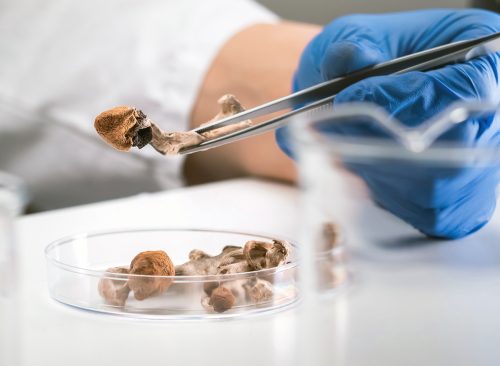
According to the Alcohol and Drugs Foundation, Psilocybin, also known as magic mushrooms, occurs naturally and is consumed for its hallucinogenic properties. These psychedelic drugs can impact all the senses, altering an individual's cognition, perception of time, and emotions. They may induce hallucinations, causing people to perceive things that are not real or are distorted. Psilocybin is a controlled substance and, despite its recreational use, has gained attention in recent years for its potential in treating conditions such as depression, alcohol use disorder, smoking addiction, obsessive-compulsive disorder, anorexia, post-traumatic stress disorder, and anxiety.
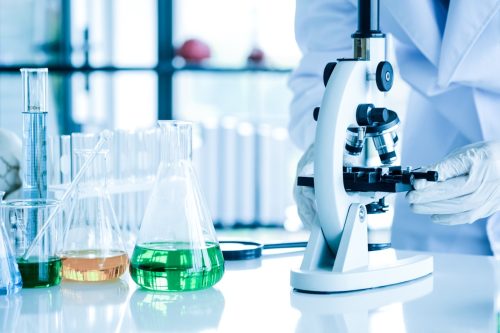
While federal regulators have issued draft guidance for the drug to be used in research settings, it hasn't been approved for treatment. Currently Oregon is the only state that has approved psilocybin therapy programs, with Colorado expected to offer similar programs in 2025.

Similar to other drugs, the larger the dose, the more someone's degree of consciousness will be altered. However, with wild mushrooms, the amount of psilocybin can be unpredictable. "Even two of the same type of mushrooms grown next to each other can have wildly different amounts of psilocybin," said Fred Barrett, center director of the Johns Hopkins Center for Psychedelic and Consciousness Research. "Nobody should be seeking out mushrooms to treat themselves."
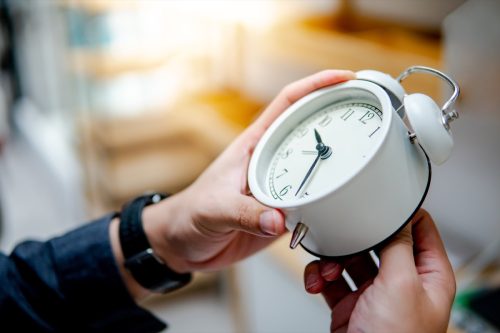
Mushrooms work fast if ingested early, with effects peak about 60 to 90 minutes after taking it and lasting four to eight hours, according to experts. The drug is completely gone from your body after 24 hours. "We haven't had evidence of anyone having a prolonged reaction to psilocybin," Barrett said. Emerson claims he took mushrooms about two days before the flight.
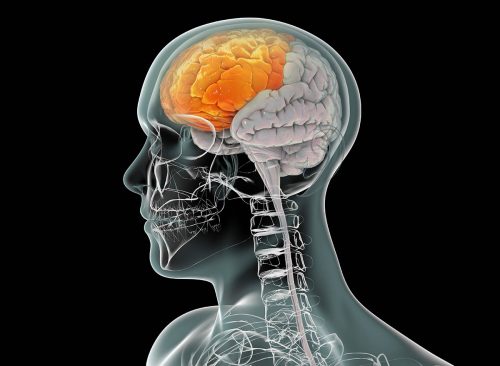
Psilocybin binds to specific serotonin receptors. Neuroimaging shows that after someone takes psilocybin, "brain regions that don't typically communicate with each other start to communicate in new ways," Barrett said. Researchers maintain that these types of changes could help treat people with psychiatric issues or mental health conditions.
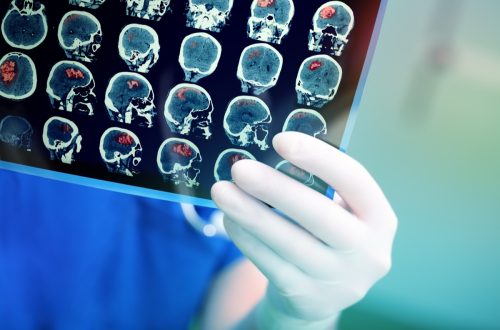
"Patients with psychiatric disorders, usually their brain is stuck in a circuit that they can't get out of, and psychedelics break that cycle," said Charles Nemeroff, the co-director of the Center for Psychedelic Research & Therapy at the Dell Medical School at the University of Texas at Austin told The Washington Post.
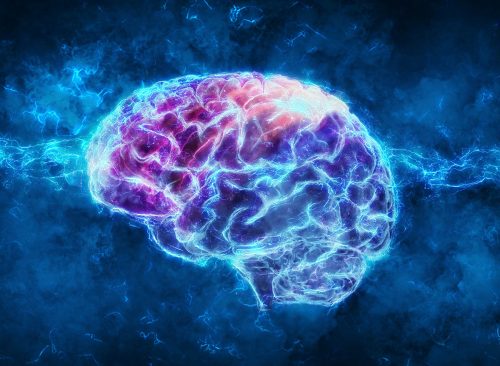
According to research, psilocybin reduces activity in an area of the brain involved with generating a sense of self, which can cause some people to feel more connected to the people and the world around them, Barrett said.
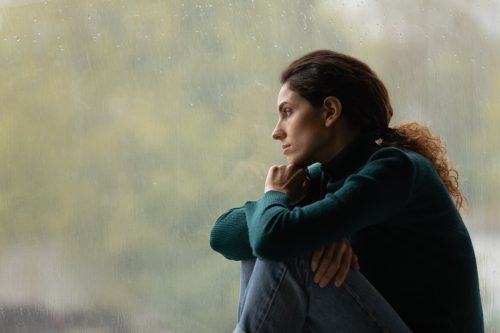
How might it help with mental health issues? According to research people with anxiety or depression have an overactive or underactive default mode network, generating a negative feedback loop where someone can't stop worrying or break out of unhealthy thoughts.
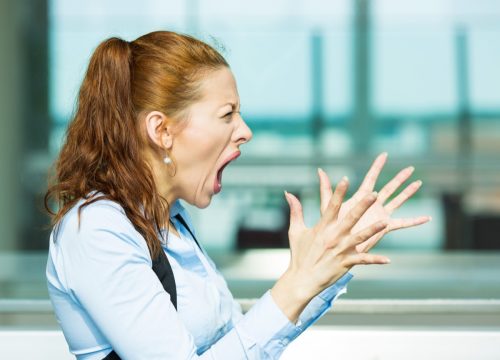
Psilocybin can trigger psychotic episodes in some people, says Nemeroff. There is an increased risk in people who have a family history of conditions associated with psychosis such as schizophrenia or bipolar disorder, those who have a history of substance abuse, people who are mentally unstable, and anyone having suicidal thoughts, Nemeroff said. These types of episodes can last far beyond when the drug is actually in the body. "When a psychotic episode is triggered, it's not about the effects of the drug at all," he said. "It takes on a life of its own."
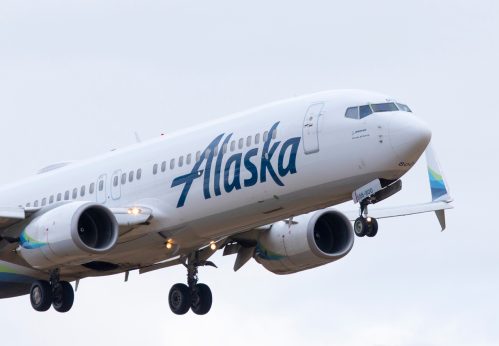
Because the pilot took mushrooms 48 hours prior to the plane incident, "he very likely did not have any psilocybin or other active ingredients in his body at the time … but that doesn't mean that his experience was not related to his mushroom use," said Josh Woolley, an associate professor in the department of psychiatry and behavioral sciences at the University of California at San Francisco.
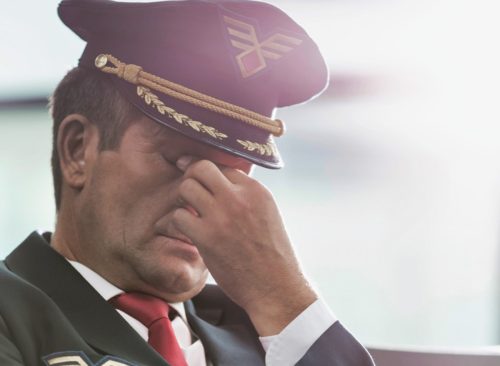
Psilocybin has stimulating properties, according to Woolley, which means an individual's blood pressure and heart rate can go up, which could affect sleep. "People feel energized," he said. "It can cause insomnia, difficulty sleeping, especially the night after you use it."
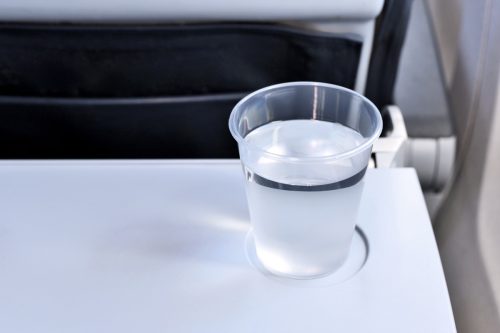
There's no evidence or research showing that psilocybin causes dehydration. However, sometimes people become so caught up in a psychedelic experience that they forget to drink, according to Nemeroff. "This is why we administer psychedelics in a controlled setting, so that we can make sure people stay hydrated and we can monitor their heart rate," he said.





















